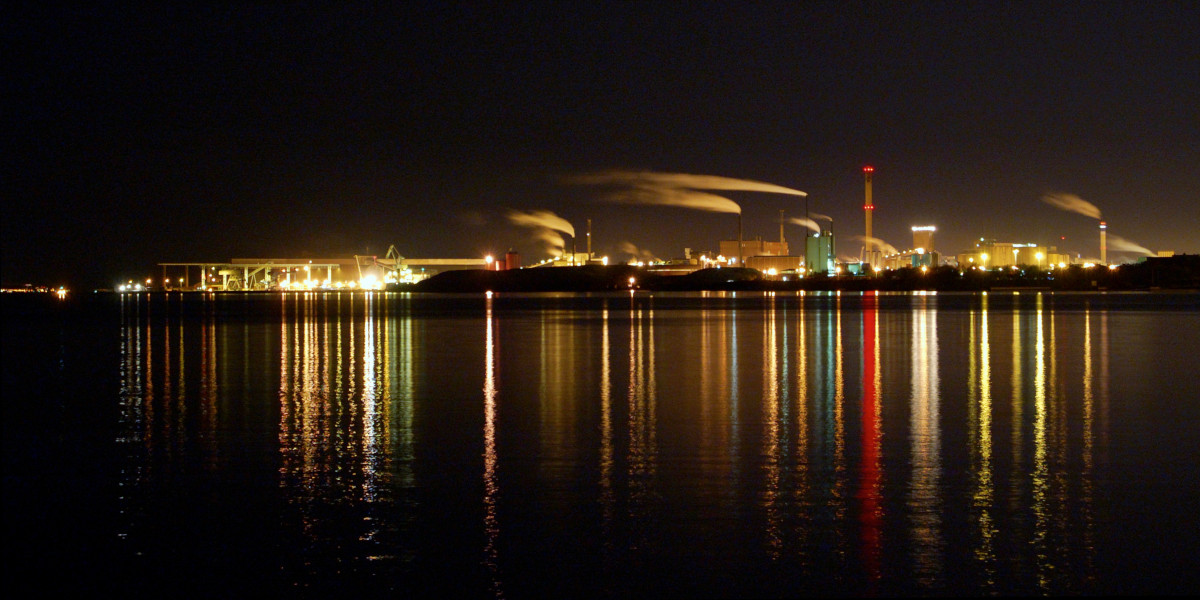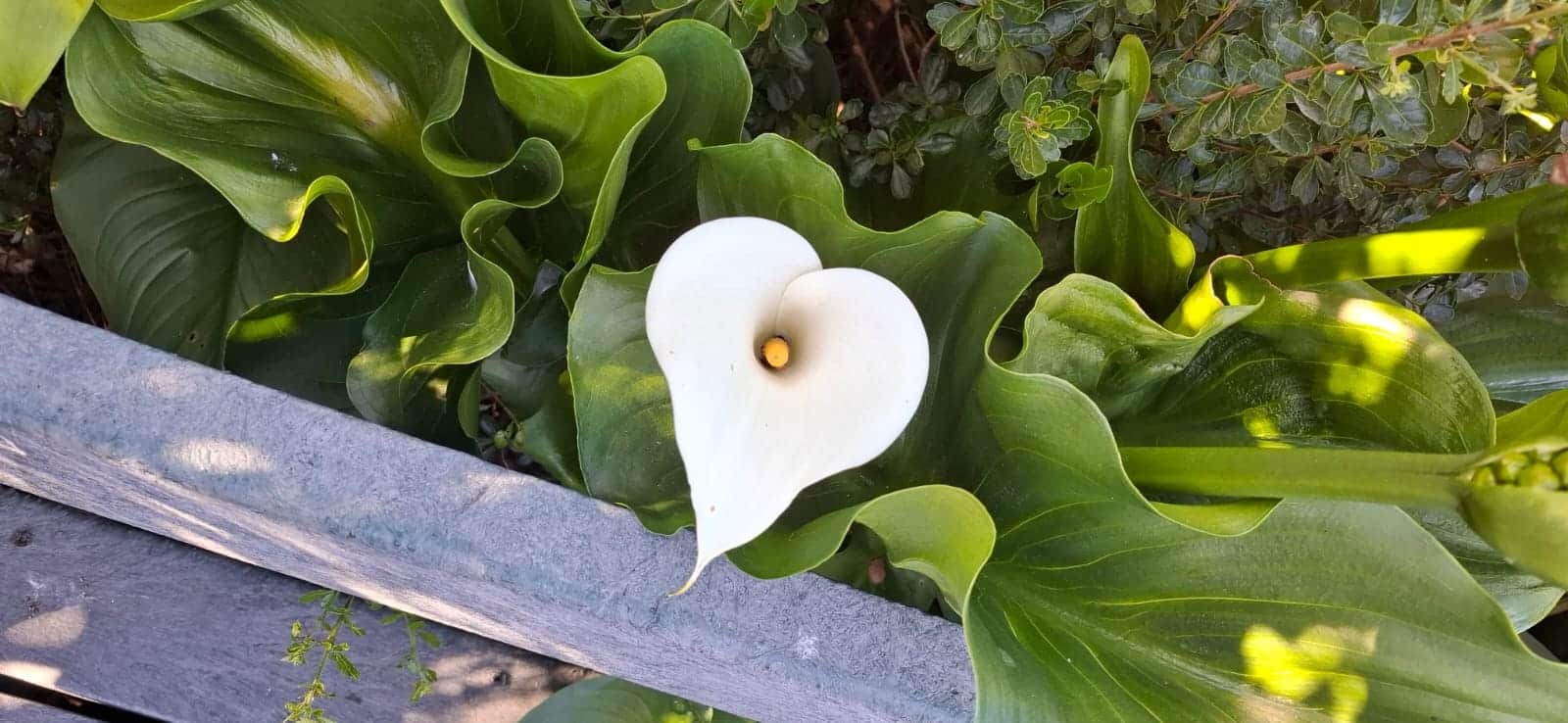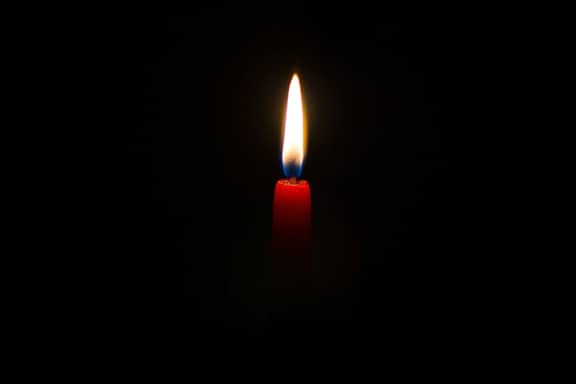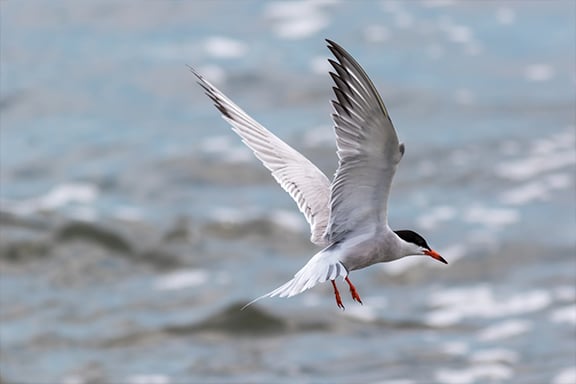Eco-anxiety: The psychological and spiritual toll of the environmental crisis
How do you feel about environmental problems?
In the environmental movement and in natural sciences, people have usually asked another question: What do you think? But we have reached a time when more and more attention should be given to emotional resilience, the ways in which we might survive psychologically in the midst of rapidly changing environmental conditions.
There are recent studies which show that many environmentalists and environmental researchers suffer from symptoms related to burnout. Working very long hours (and working too hard) is naturally one cause of these symptoms, but another is the ways in which we speak – or don’t speak – about the emotional side of things. Many of us suffer from the ways in which our emotions are not able to flow naturally, and from not being able to express them in public.

Do you see bright, attractive lights, or do you feel anxiety at the atmospheric and light pollution? (Photo by Erik Forsberg, CC BY)
Ecological grief is being recognized as one of the emotions that needs more attention. The term has gained new popularity since spring 2018, when Ashlee Cunsolo and Neville Ellis published a fine article on the subject in Nature Climate Change journal. As Phyllis Windle pointed out back in 1992, many ecologists suffer from what could be called “disenfranchised grief”. Conservation is full of both joy and sorrow; they are linked together. The delight in seeing a creature flourish may turn into deep sorrow if that creature gets killed – or worse – becomes extinct.
Dark emotions such as grief, fear, and despair may transform into anxiety if there are not enough resources available to process these feelings. Eco-anxiety is a term for that general feeling of distress and anxiety which many people feel today because of multiple environmental losses and threats. The phenomenon has been underestimated and sometimes ridiculed, but a change is happening in many countries.
I have researched and written about eco-anxiety and hope now for many years. During this time, I have met numerous people of different ages who feel these emotions. And I have seen the relief it may bring to share these emotions with others in a safe setting.
What do A Rocha people feel? And how do we live with our emotions? Do those of us who are Christians experience the same Eco-anxiety as others? Does Christian hope protect us from this, or do we feel doubly guilty if we experience despair and anxiety as Christians? This is something that, I think and feel, we should ponder more together. We might find new ways to live with despair, new ways to relearn the world through the grief we encounter, and new determination to practice hope. Eco-anxiety is, at heart, a spiritual challenge. In my next blog, I will discuss some ideas regarding the theological side of these matters. After all, despair and hope are key Biblical themes, for all creation (cf. Romans 8).
We are happy for our blogs to be used by third parties on condition that the author is cited and A Rocha International, arocha.org, is credited as the original source. We would be grateful if you could let us know if you have used our material, by emailing [email protected].




[…] the law, even peacefully, which deserves a separate blog, should Christians feel eco-anxiety? My previous blog about eco-anxiety asked some key questions, including, are Christians protected from eco-anxiety because of Christian […]
[…] eco-anxiety and dismal climate forecasts, faith serves as a reminder that ultimately, climate action is not […]
[…] Amidst eco-anxiety and dismal climate forecasts, faith serves as a reminder that ultimately, climate action is not about us saving the world, but fulfilling a God-given mandate of environmental stewardship. This view is shared by Christians working in conservation and climate change, from the former Chair of the IUCN to leading climate scientists. […]